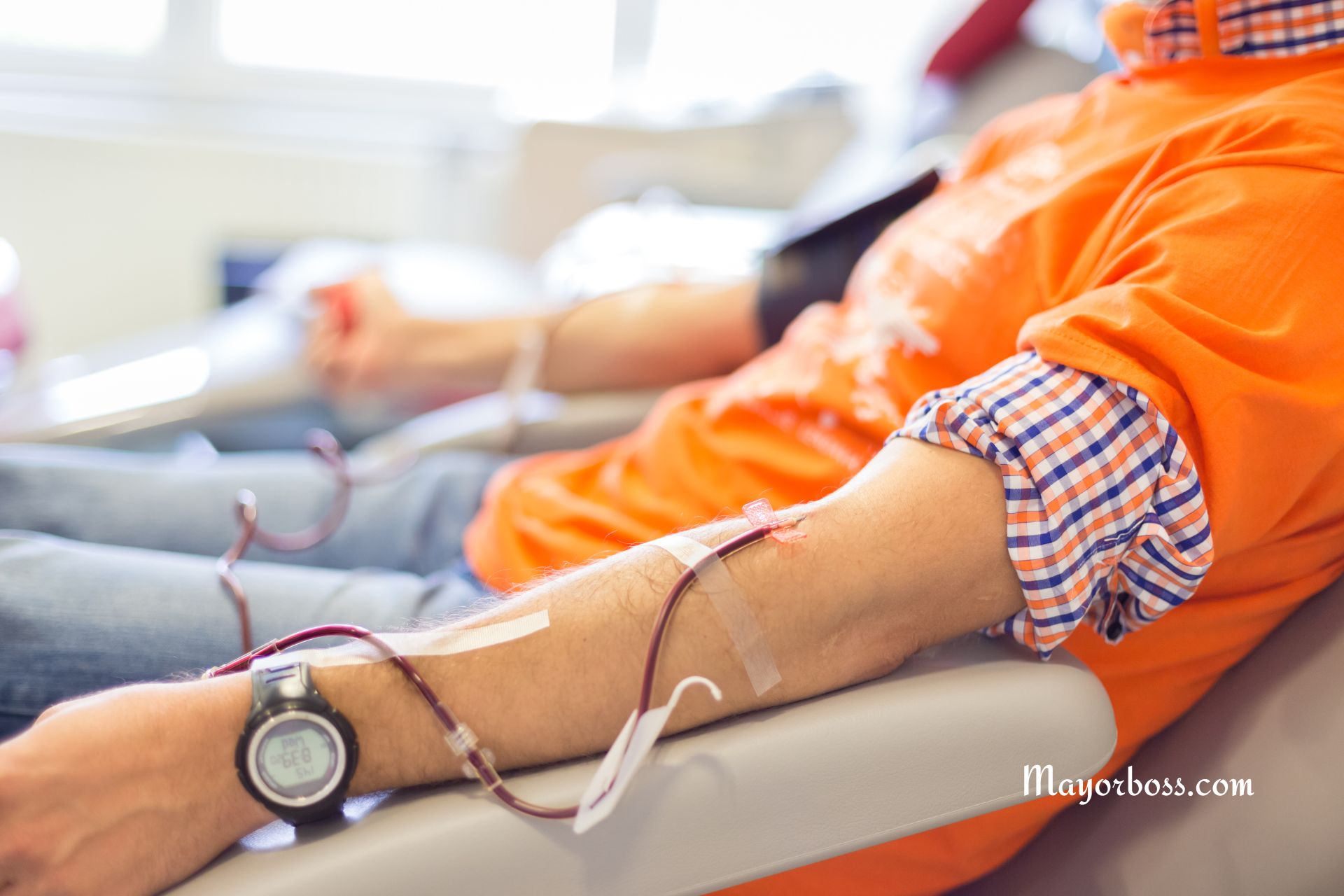Can You Donate Blood If You Smoke? Yes, But There’s a Catch
Donating blood is a generous act that can save lives. If you’re a smoker, you might wonder if this habit affects your eligibility to donate blood. The simple answer is yes, smokers can donate blood, but there are some important considerations to keep in mind.

Understanding Blood Donation Eligibility for Smokers
When it comes to donating blood, the main focus is on ensuring the safety and quality of the blood supply. This means that certain factors, like your overall health, lifestyle habits, and recent travel, are taken into account. Smoking, while not an automatic disqualifier, does bring up certain concerns that need to be addressed.
The Impact of Smoking on Blood Quality
Smoking affects your body in several ways, but specifically for blood donation. It’s essential to know how it might impact the quality of your blood. Smoking increases carbon monoxide levels in your blood, reduces oxygen levels, and can lead to higher levels of certain chemicals that aren’t ideal for transfusion. However, these effects aren’t necessarily permanent, and your body starts to recover as soon as you stop smoking.
What You Need to Know Before Donating
If you’re a smoker and planning to donate blood, here are a few things you should consider:
- Wait Times After Smoking: While there’s no mandatory wait time after smoking a cigarette before you can donate blood, it’s advisable to refrain from smoking right before your donation. This is to ensure your blood pressure and heart rate are within the acceptable range for donation.
- Nicotine and Blood Donation: Nicotine, a substance found in cigarettes, doesn’t disqualify you from donating blood. Blood banks are primarily concerned with communicable diseases and other health factors that affect the safety of the blood supply.
- Healthier Choices: Although smoking doesn’t stop you from donating blood, it’s a great time to think about making healthier lifestyle choices. Reducing or quitting smoking can improve your overall health and the quality of your blood.
- Honesty is Key: During the screening process, be honest about your smoking habits. This information helps the staff assess your eligibility and ensure the safety of the blood donation process.
The Catch: Other Factors That May Affect Eligibility
While smoking itself isn’t a barrier to blood donation, it’s often associated with behaviors or health conditions that could affect your eligibility, such as:
- Use of certain substances: Smoking marijuana or using other substances can have implications on your eligibility, depending on the regulations of the blood donation center.
- Health conditions related to smoking: Chronic conditions like heart disease or severe lung problems, often exacerbated by smoking, might impact your ability to donate.
The Bottom Line
Yes, you can donate blood if you smoke, but it’s important to consider how your smoking habit, along with other lifestyle choices and health conditions, might affect the donation process. Always communicate openly with the blood donation center about your smoking and overall health to ensure the safety and success of your generous act.
Remember, every blood donation has the potential to save lives. Making healthier choices, like reducing or quitting smoking, not only benefits your own health but also enhances the quality of your blood donation, making it even more valuable to those in need.
Frequently Asked Questions
- Can vaping affect my ability to donate blood? Vaping, similar to smoking, introduces certain chemicals into your body but doesn’t automatically disqualify you from donating blood. However, it’s wise to discuss your vaping habits with the donation center staff.
- How long should I wait to donate blood after quitting smoking? There’s no required wait time after quitting smoking to donate blood. Once you decide to quit, your body begins to recover, and you can donate as long as you meet the other eligibility criteria.
- Does smoking marijuana disqualify me from donating blood? Policies regarding marijuana use and blood donation can vary by location and organization. It’s best to check with your local blood donation center for their specific guidelines.
